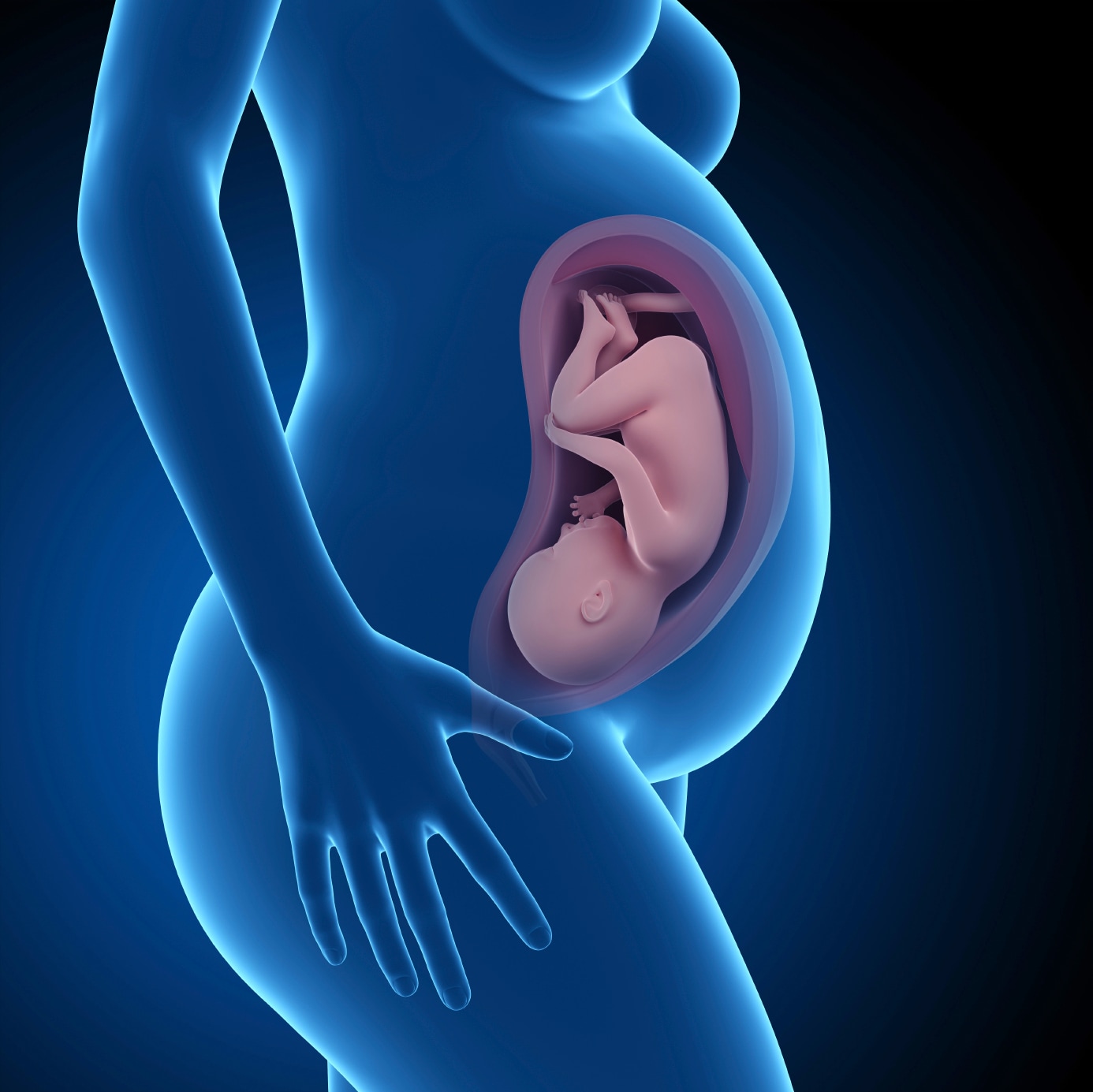Takeaway
- Early adiposity rebound (AR) is associated with polycystic ovary syndrome (PCOS) diagnosis, independent of body mass index (BMI) and it appears to result in more adverse BMI outcomes in adulthood in cases of PCOS with early AR.
Why this matters
- Findings suggest that adolescent girls with early AR and persisting obesity should be screened for PCOS symptoms, such as persistent irregular cycles and hirsutism.
Study design
- This prospective, population-based cohort study compared women with PCOS diagnosis by age 46 years (n=280) and controls (n=1573).
- Data on weight and height from birth to 13 years of age, age at menarche and at 31 and 46 years of age were evaluated.
- Funding: The Sigrid Jusélius Foundation and others.
Key results
- Women with PCOS vs control group demonstrated:
- lower birth weight (3357 ± 477 vs 3445 ± 505 g; P<.006),
- earlier age at AR (5.2 ± 1.0 vs 5.6 ± 0.90 years; P<.001) and
- higher BMI from AR onwards (15.6 ± 1.5 vs 15.3 ± 1.1 kg/m2; P=.004).
- Early timing of AR was associated with PCOS diagnosis, independent of BMI (OR, 1.62; 95% Cl, 1.37-1.92).
- Women with PCOS and early AR had higher BMI at 31 (24.2 vs 22.6 kg/m2) and 46 years (27.3 vs 25.3 kg/m2; P<.001 for both) vs control group.
- No significant association was seen between AR and testosterone levels at ages 31 (P=.401) and 46 years (P=.504).
Limitations
- Self-reported PCOS symptoms and diagnoses.
- Results may not apply to different ethnicities or populations with higher rates of childhood obesity.
References
References



